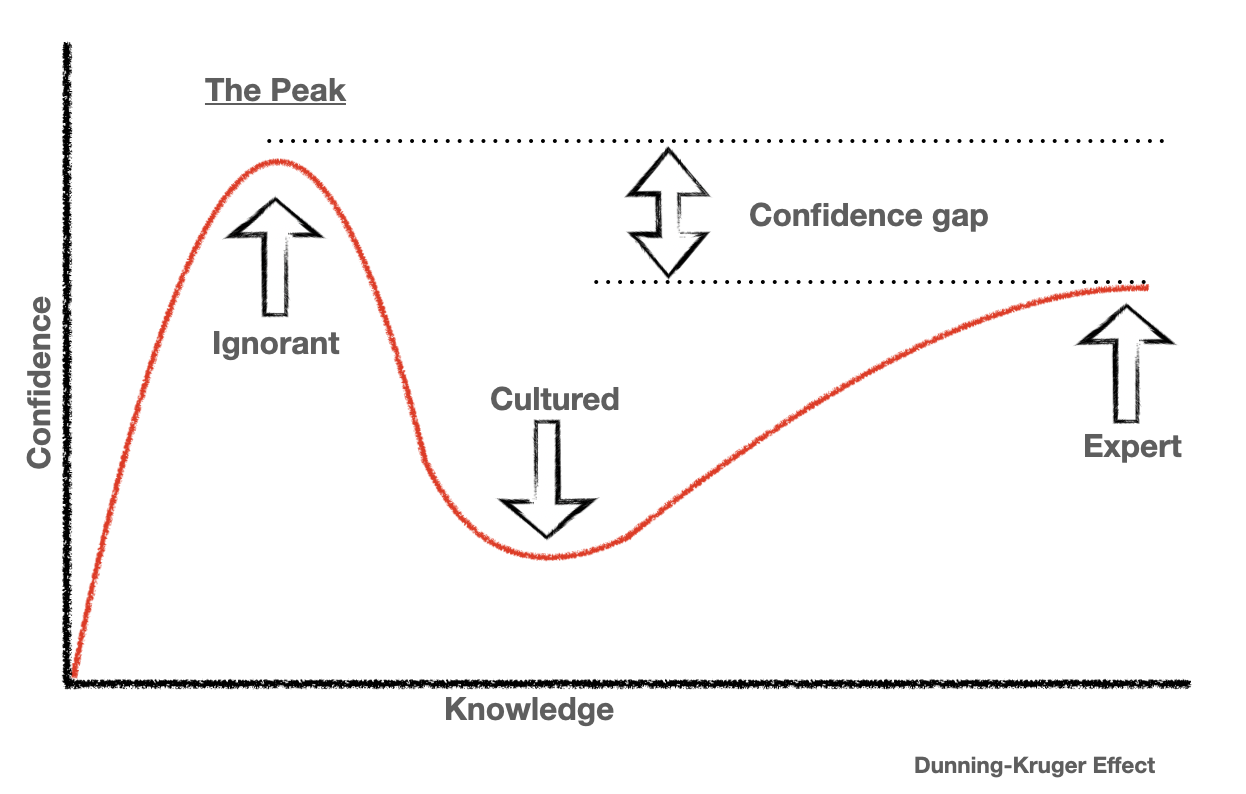Making finance more inclusive for small businesses was never going to be an easy task, but it’s one that Artificial Intelligence (AI) can take head-on. AI was heavily touted as the technological advancement of 2017 by Wired, Fortune and Forbes, and according to them, it was going to shake up the finance industry for the better (for both small businesses and consumers).
In the UK we are seeing hundreds of businesses consider the positive impact AI could have on their customers, especially within the finance industry. However, the question still remains:
Can AI make the finance industry more inclusive?
So, why should finance be more inclusive?
First, we need to take a look at the small business sector’s current situation.
It should come as no surprise that small businesses continue to be neglected by the mainstream financial services. Currently, the UK Treasury estimates that there is a £59bn funding gap for small to medium-sized enterprises (SMEs) in the UK.
The combined annual turnover of SMEs was £1.9 trillion - that’s 51% of all private sector turnover in the UK. Although small businesses contribute a great deal to the UK economy, they still find it difficult to access funds that can go towards their payroll, stock or invoices.
Right now, there are three major factors as to why small businesses find it so hard to access finance:
- Very few small business owners possess financial experience and do not have enough information about funding to make a calculated decision. According to the British Business Bank survey (2017), only 43% of small businesses felt that banks gave them enough information to make an informed decision on various financial services.
- The majority of businesses are not aware of the fact that they might need external finance before it’s too late. The fragmentation of their financial data, coupled with archaic, manual funding processes then makes it difficult and timely to apply, or even consider a loan.
- Banks find it costly to lend to small businesses. 36% of small businesses (2017 British Business Bank survey) will go to their bank first for finance, and yet banks do not have fluid access to enough data to make an efficient lending decision.
How can AI help small businesses?
Artificial intelligence can help business and banks overcome the aforementioned barriers.
For example, if a small business was to connect all of their data sources to a single forecasting platform and a bank could access that data, the lending process becomes much more appealing to both sides.
The ability to understand patterns of past financial information and manage future financial transactions is vital to any business. Small businesses would have a better overview of their finances if all their data was on a single platform, and if banks were to offer their services on that same platform, a small business owner could apply to a tailored loan in a few clicks. Systems can classify financial transaction data specific to a small business, and in turn, help them forecast their cash and capital requirements. Small business owners can then act proactively and make quicker, smarter, financial decisions.
With very little data on potential borrowers, banks cannot make decisions quickly.
As a result, small businesses are forced to find alternative options as they do not have the luxury to wait copious amounts of time to hear back about the status of their application. While most banks are enthusiastic about making the most of the data they hold on their customers, they still avoid lending to small businesses as it is a costly and inefficient process. Recent developments in artificial intelligence have led to spectacular progress in the ability of machines to detect recurring patterns in datasets, so banks could use the platform as a low-cost way of predicting the risk of lending.
Furthermore, the banks can use AI to optimise the loan; using their customer’s data they could accurately predict the amount needed and the optimal length of time to lend that would best serve the business. Currently, banks cannot make these predictions accurately. Although these are all steps in the right direction, to make finance completely democratic, AI would have to take over from humans to make a decision on a loan.
And as we can see right now, there is still a lot to learn and implement if AI is to make finance more inclusive. In the future, AI will combat growing economic and financial disparities by giving small businesses and their financial partners the convenient, affordable tools that they need to access and provide finance, making the process a less harrowing experience for everyone involved.






